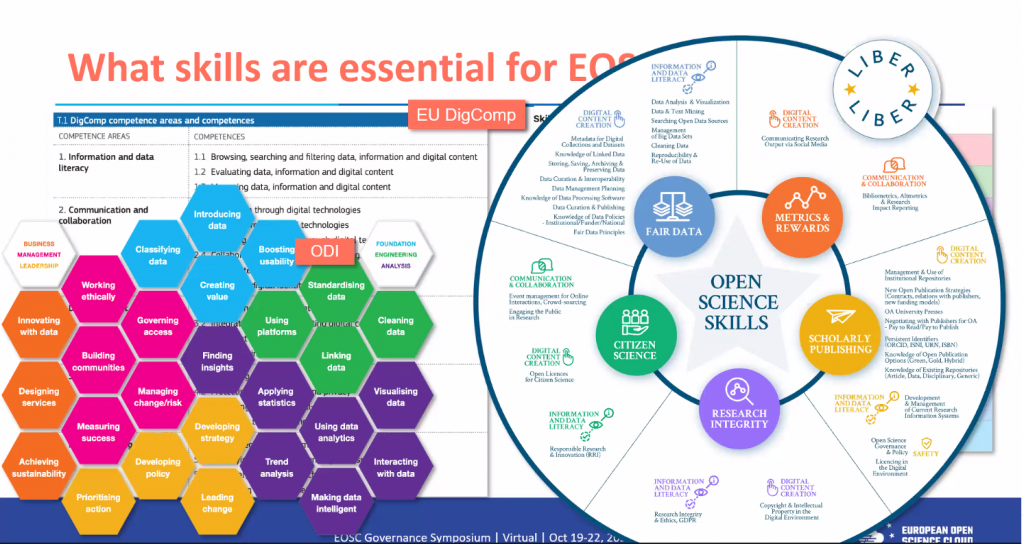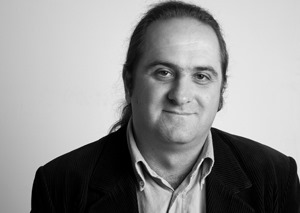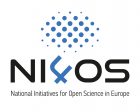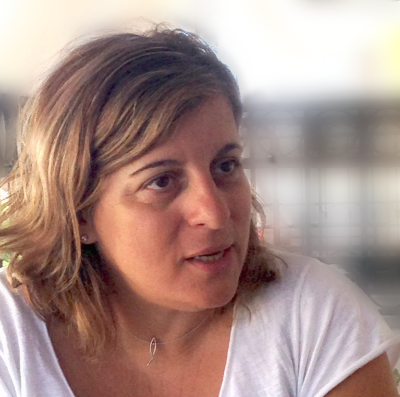This year the EOSC Symposium 2020 took place in virtual form and on Day 4 the NI4OS-Europe project also got some stagelight among the number of informative and innovative presentations. Natalia Manola took on the responsibility to co-chair the Skills and Training session on Thursday, 22nd of October. First, she gave a short introduction on the EOSC Training and Skills Working Group and its main focus areas. In one perspective the WG has two priorities: defining competencies for EOSC, then enhancing those competencies in Europe. She gave a detailed introduction on the Skills and Training in a wider context, which strongly connects to the following areas: European Skills Agenda, Digital Skills and Jobs Coalition, Digital Europe Programme, EU Data Spaces and more. The Working Group is dedicated to help professionalisation and the alignment of new standards for developing Digital Skills. This includes identifying gaps and overlaps of existing national initiatives on Digital Skills and comparing them to the EOSC SRIA.
The minimal EOSC Skillset was introduced by Vinciane Gaillard with the help of a highly visual slide. The working group stated clearly, that they aim to focus on the users of EOSC, not only the researchers.

During the sessions the attendees could ask questions and share their thoughts through Zoom chat and Sli.do. Both of them showed a high number of comments and the active feedback from the participants featured the entire Symposium.

Anastas Mishev also got an opportunity to talk about NI4OS-Europe within the framework of the session entitled An equitable EOSC: EOSC challenges & opportunities in South Eastern & Eastern Europe. He represented the whole South-East Europe region in this cardinal event. He talked about the project’s excellent results that it helped close the digital gap in the region, he promoted the stakeholder map available on our website and shared some details on the Onboarding Task Force activities. Also, he mentioned policy creation in the context of Open Science, is one of the most important aspects. He raised his voice for more equitable EOSC, inclusive even for smaller countries and service providers, based on the strong national and regional services and accessible to all scientist across Europe.

This year’s EOSC Symposium was a great success, all the attendees were highly active throughout the talks. We learned quite a lot during these last few days and we cannot wait for next year’s Symposium.

